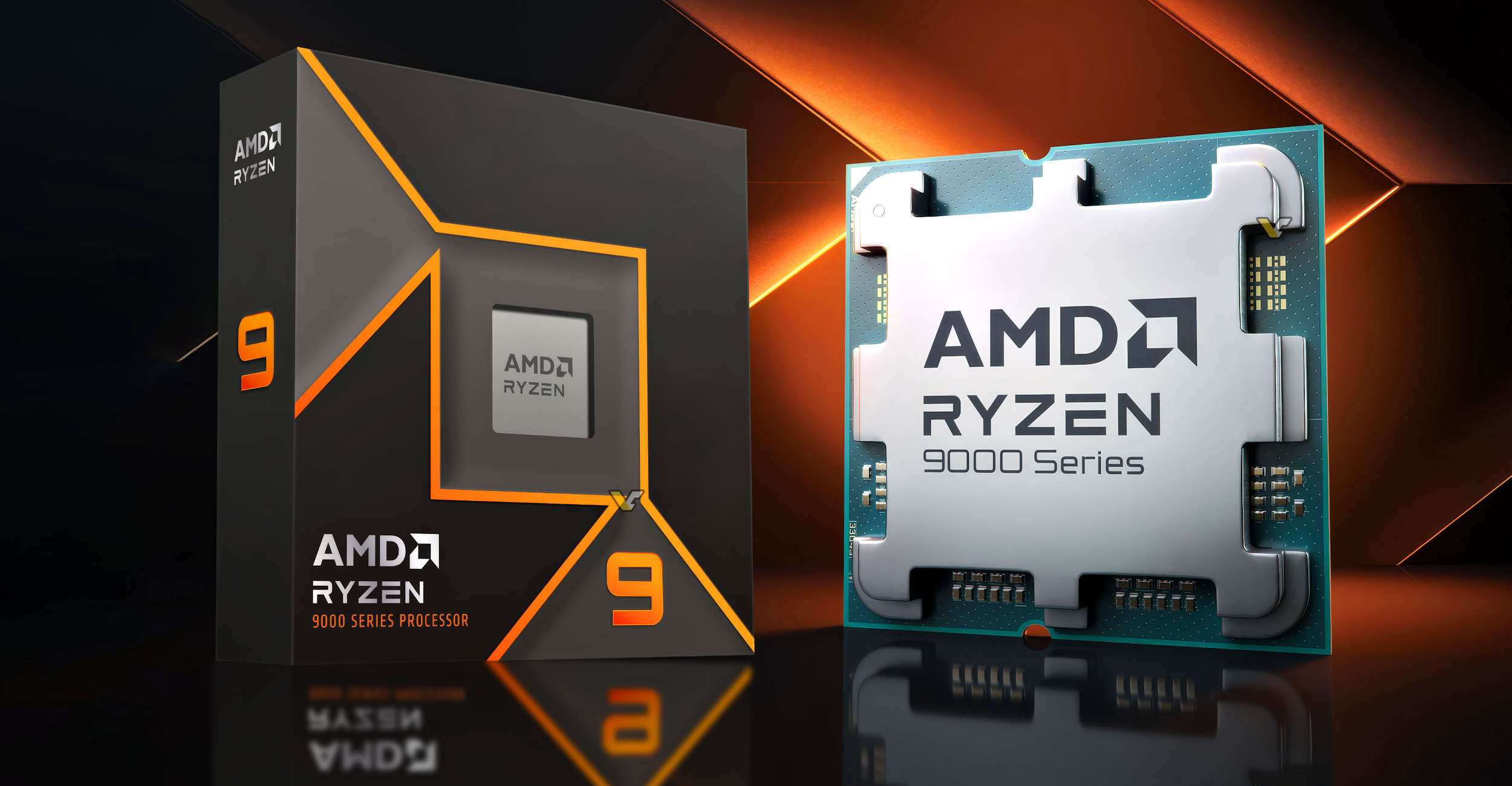
AMD has stirred excitement among gaming enthusiasts as it gears up to announce its next generation of Ryzen 9000 X3D processors. Building on the success of the Ryzen 7 7800X3D and Ryzen 9 7950X3D, these new CPUs are set to redefine performance standards in the gaming sector. Scheduled for release on November 7, 2024, AMD's latest offering promises to enhance gaming experiences across a variety of titles.
The Ryzen 7 7800X3D, which debuted in April 2023, continues to hold its ground as one of the most formidable gaming processors available. Even with the arrival of the new Ryzen 9 9950X, the X3D models remain unrivaled in performance, thanks in part to their innovative 3D-stacked cache design. This unique approach not only increases the available cache per chip but also minimizes latency, which is crucial for gaming.
As the gaming hardware landscape evolves, AMD has also announced significant price reductions for its CPUs starting from October 20, 2024. This pricing strategy includes a discount of up to $50 on the Ryzen 9 9950X, originally priced at $649. Here's a breakdown of the discounts:
- AMD Ryzen 9 9950X – $50 off
- AMD Ryzen 9 9900X – $30 off
- AMD Ryzen 7 9700X – $30 off
- AMD Ryzen 5 9600X – $30 off
This aggressive pricing is likely aimed at capturing more market share in a competitive period leading up to the holiday season.
Understanding X3D Technology in AMD Processors
AMD's Ryzen 9000 series is being introduced amidst a challenging landscape. The launch process has faced hurdles, particularly concerning power consumption constraints. In an effort to achieve better thermal performance, AMD has adjusted the power profiles of its processors, which has, unfortunately, resulted in some declines in performance.
Despite these challenges, the high-end models such as the Ryzen 9 9950X offer glimpses of the potential held by the Zen 5 architecture. Though it has shown stellar performance in various workloads, it has not outperformed its predecessors in gaming scenarios. This is where the new X3D processors are expected to shine.
AMD's implementation of 3D V-Cache technology significantly boosts the amount of L3 cache available, providing faster access to essential gaming data. This dramatically reduces the time the CPU must wait for data stored in slower RAM, thus optimizing performance during intense gaming sessions.
The Ryzen 7 7800X3D, for instance, is already regarded as an essential part of any high-performance gaming rig, standing out even against competitors like Intel. This leads many to expect that the forthcoming X3D models will continue this trend of excellent gaming performance.
Comparison with Competitors
As AMD prepares to launch its X3D chips, the competition with Intel remains fierce. Even with the advancements in the Core Ultra 200S processors, industry analysts suggest they may find it challenging to match the gaming prowess of AMD's X3D series. Intel's recognition of the 7800X3D's dominance underlines the significance of AMD's approach to processor design.
With the expected improvements brought by the Ryzen 9000 X3D series, AMD might solidify its lead in the gaming CPU market. Gamers and enthusiasts alike are leaning heavily toward the benefits of enhanced cache sizes and reduced latency that the X3D architecture promises.
As always, consumers are advised to keep their eyes peeled for benchmarks and reviews once the new CPUs hit the market. The true test of their performance will be the real-world gaming experiences measured against their spec sheets.
In summary, AMD's Ryzen 9000 X3D processors appear poised to not only retain but possibly expand their grasp on the gaming CPU throne, reinforced by technological advancements and aggressive market strategies.
Jackie Thomas is the Hardware and Buying Guides Editor at IGN and the PC components queen. You can follow her on social media to stay updated with the latest tech news.




.webp)

